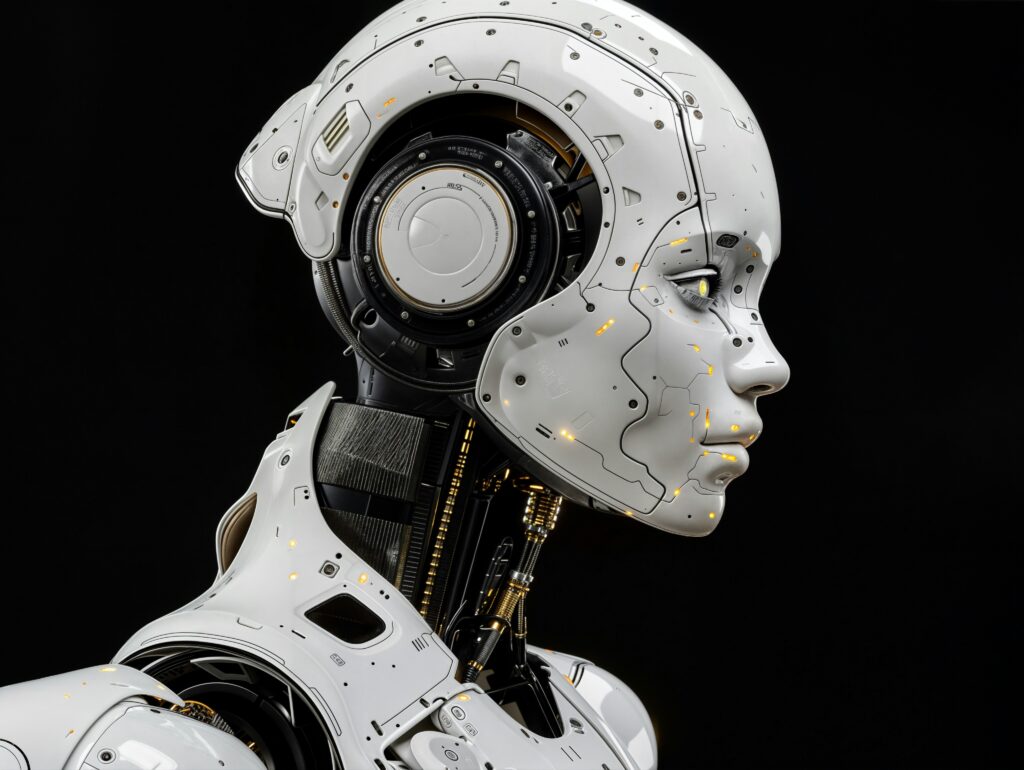Imagine a world where your morning coffee was brewed by a robot, your clothes were folded by a machine, and your groceries were selected and packed by automated systems. While this may sound like a scene from a sci-fi movie, the reality is that automation is revolutionizing the way we live and work.
According to a recent report by McKinsey & Company, automation technologies could affect up to 800 million jobs by 2030, with machines taking over tasks that were once performed by humans. This shift is already evident in industries ranging from manufacturing to customer service, with companies investing in robotics and artificial intelligence to boost efficiency and reduce costs.
One key player in this automation trend is Amazon, which has been at the forefront of implementing cutting-edge technologies in its operations. The e-commerce giant recently introduced Amazon Go stores, where customers can shop without ever interacting with a cashier thanks to sensors and computer vision technology.
While automation offers the promise of increased productivity and convenience, it also raises concerns about job displacement and income inequality. As machines become more capable of performing complex tasks, the challenge for businesses and policymakers will be to ensure that the benefits of automation are shared equitably across society.
In conclusion, the rise of automation is reshaping the way we work and live, presenting both opportunities and challenges for the future. As we navigate this technological shift, it is crucial to consider the impact on individuals and communities to build a more sustainable and inclusive society.



